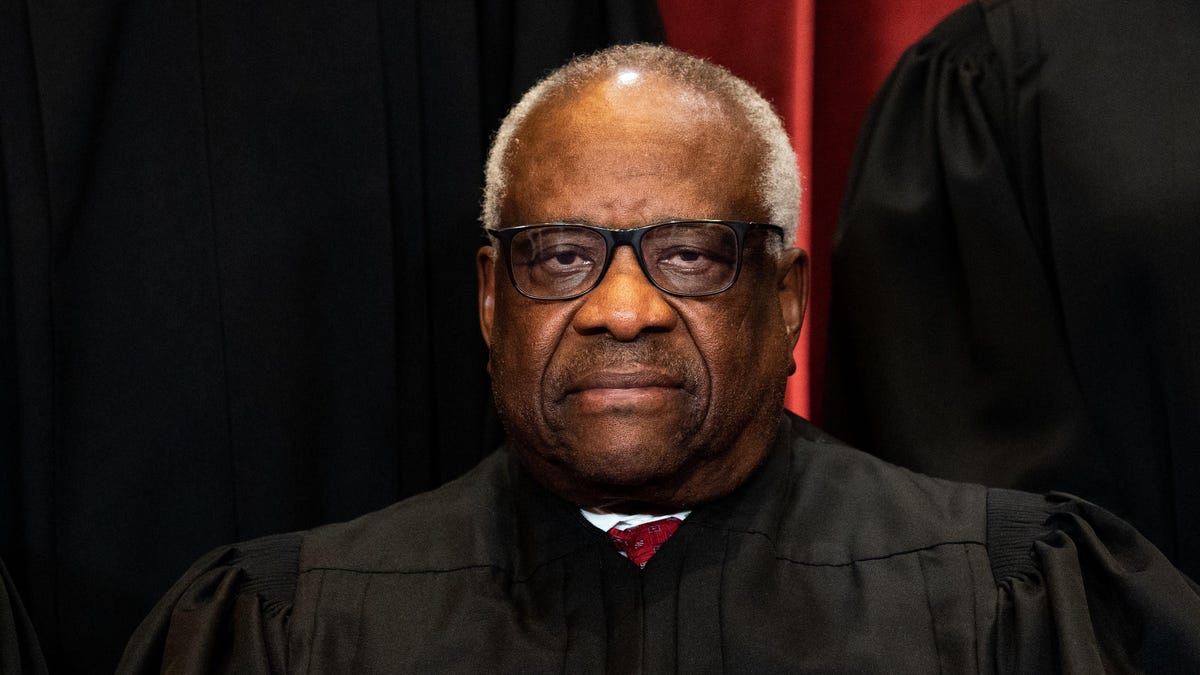
(NewsNation) — Food delivery was a Godsend for millions during the COVID-19 lockdown of 2020. Drivers brought food to people who didn’t want to leave their homes and restaurants survived the shutdown that left their dining rooms empty.
Now, four years later, some restaurants are plagued by scammers who operate “imposter” restaurants, hijack a restaurant’s online presence, or try to extort restaurants with a flood of bad online reviews.
In Las Vegas, the most recent incident involved more than a dozen online restaurants with names slightly different than very well-known places.
James Trees, the owner of Esther’s Kitchen, discovered an Uber Eats listing for “Esther’s Italian Pasta Kitchen.” The real Esther’s Kitchen doesn’t offer delivery service, so Trees was surprised when friends showed him the imposter listing.
He raised the alarm on Facebook and called out Uber Eats. “How can you allow businesses to be impersonated and damage peoples’ reputations on your platform,” he asked. Uber Eats has not responded to numerous media inquiries about the issue.
A Las Vegas TV station found the source of the “not-really restaurants,” a place called New York Bagel and Pizza Place. The owner said he recently started doing “ghost kitchen” business for a third party but stopped when he realized what was happening. He also apologized to everyone involved.
Trees isn’t buying it. “That was a lie,” he told NewsNation. “A ghost kitchen is one where another restaurant’s food is produced under strict understanding about the quality and ingredients to be used. “This person was just using a bunch of well-known restaurants to increase his market share while serving garbage food at higher prices than the restaurants were even offering.”
“It’s absolutely outrageous,” said Al Mancini, publisher of the Neon Feast restaurant guide in Las Vegas. “People think they’re ordering from top local restaurants that have been in business for years, even decades. Instead, they’re getting knockoff dishes from wannabes.”
In other cities, the scams that target both restaurants and customers have taken many forms. In Chicago in 2022, someone set up a fraudulent DoorDash account using the name of a real restaurant, Smoque BBQ.
The fraudster took orders and credit card payments online. DoorDash drivers expecting to pick up orders found the restaurant never got the orders or the payments.
In that case, DoorDash worked with the restaurant to shut down the fake listing.
It was a “click and switch” situation in San Francisco last year where dozens of Instagram accounts pretending to be Bay Area restaurants popped up. In those cases, the fake pages requested people to follow the site and then message followers with various scams.
Another San Francisco–based scam flooded restaurants with negative online reviews and then demanded payment to remove them.
Mancini says online imposters are one more problem that restaurants, especially independent operations, don’t need.
“Restaurants have enough problems with unfair reviews of their food by diners who don’t know what they’re talking about. Now they also have to worry about people reviewing inferior counterfeits of their food on social media.”






